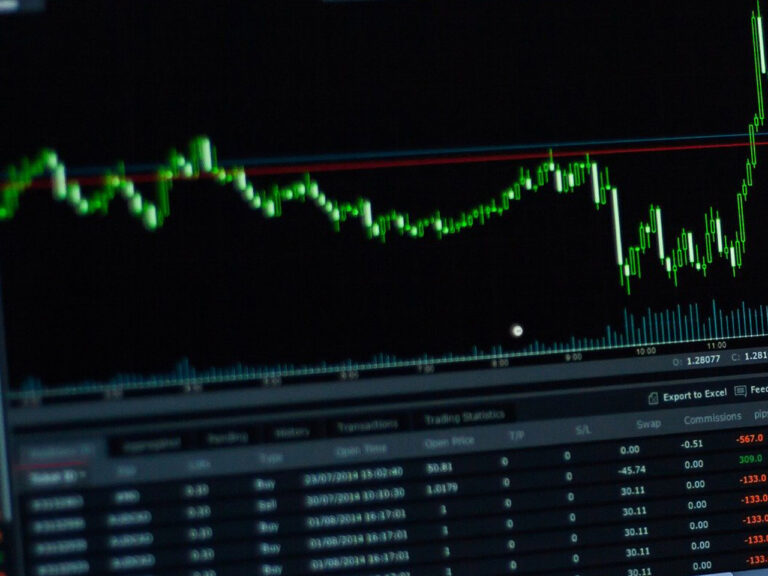Introduction
Pennant International Group plc (LON:PEN), provides software and support for the maintenance of defence equipment and training of maintenance staff. With a market capitalisation of £10.2 million and an enterprise value of £12 million, Pennant is a key player in a sector experiencing significant growth due to increasing global defence spending. This article explores Pennant’s recent performance, strategic initiatives, and future prospects based on the latest research by Cavendish.
Financial Performance and Strategic Progress
In FY23A, Pennant reported a revenue increase of 14% year-on-year, reaching £15.5 million, driven primarily by strong growth in the Training Solutions division. The company’s gross margins improved to 50%, supported by the Boeing Defence Apache upgrade programme, which has been progressing on time and within budget. This operational efficiency has resulted in a substantial rebound in adjusted EBIT, moving from a loss of £0.9 million in FY22A to a profit of £0.9 million in FY23A.
Andrew Renton, Director of Research at Cavendish, highlights, “The top-line growth and margin improvement underscore Pennant’s effective execution of its strategic initiatives, particularly in the software suite development.”
Product and Market Expansion
Pennant is on the cusp of launching an integrated software solution, Auxilium, which combines three core applications: GenS, Analyzer, and R4i. These tools cater to the maintenance of complex defence equipment and are expected to drive future revenue growth. The company has invested heavily in R&D, launching GenS v3 post-year-end and planning for a fully integrated solution later in FY24E.
The company’s strategic acquisitions have also bolstered its market position. The acquisition of Track Access Productions has expanded Pennant’s offerings in the rail sector, providing route mapping, driver training, and route familiarisation services. This diversification helps mitigate reliance on defence spending and opens new revenue streams.
Industry Dynamics and Growth Drivers
Global defence expenditure has been on a steady rise, with a record $2.2 trillion spent in 2023, and is projected to grow at 5% annually, reaching $2.8 trillion by 2028. NATO’s commitment to increasing defence spending, coupled with rising geopolitical tensions, underscores the critical role of Pennant’s software in maintaining complex defence equipment and ensuring interoperability among allied forces.
Renton remarks, “As defence equipment becomes more sophisticated, Pennant’s integrated software suite will be pivotal in maintaining armed forces’ operational readiness and efficiency.”
Valuation and Investment Potential
Pennant trades at a discounted FY25E EV/EBITDA multiple of 5.3x, compared to the UK small cap data and productivity software peer group median of 13.1x. Cavendish has set a 12-month price target of 64p, representing a potential upside of approximately 167%.
“Our valuation reflects Pennant’s transition to a higher-margin software and services model, which the market has yet to fully appreciate,” notes Renton.
Conclusion
Pennant International Group plc is strategically positioned to capitalise on the increasing complexity and integration requirements of modern defence systems. With a robust product pipeline, strategic acquisitions, and favourable industry tailwinds, Pennant is poised for significant growth. Investors can look forward to substantial upside as the company continues to execute its strategic vision and the market recognises its intrinsic value.
In Renton’s words, “Pennant’s strategic initiatives and industry positioning make it a compelling investment in the evolving defence sector.”
Final Thoughts
Pennant International Group plc is a promising entity in the defence and technical training sectors. Its strategic focus on software integration and market expansion, coupled with a solid financial foundation, positions it well for future growth. As global defence expenditure continues to rise, Pennant’s innovative solutions will be crucial in ensuring the effectiveness and interoperability of defence forces worldwide.






































